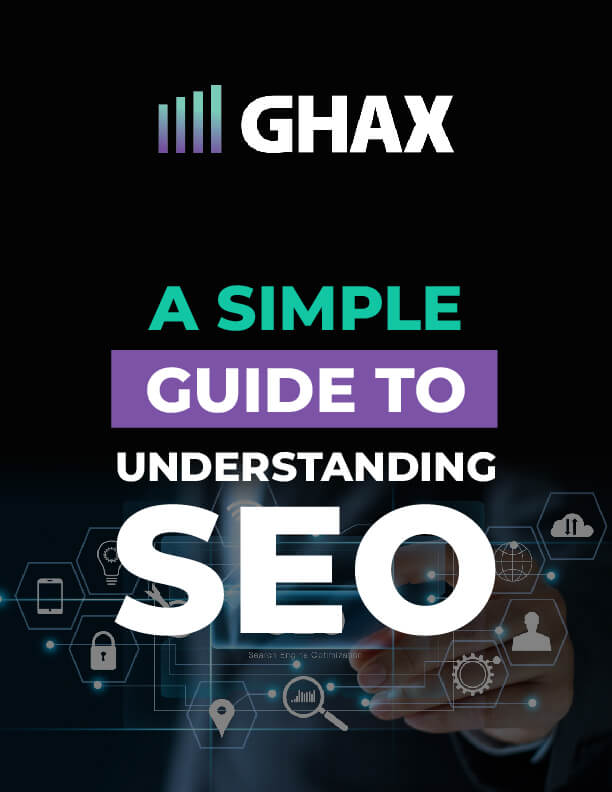Online advertising is one of many tools for monetizing products, services, and content on the internet. It is also a method of increasing brand awareness for companies that want to promote themselves. However, the privacy changes in online advertising have led to some challenges for the industry.
What Can Be Affected by These Changes?
Online advertising is a booming market and continues to grow. According to Statista, companies and other organizations that utilize online advertising will spend an estimated $566 billion in 2022 alone. By 2025, $700 billion will be spent on online advertising. However, with recent privacy breaches and new data regulations, this prediction could change.
Where Do Ads Take Place?
There are many platforms where online advertising takes place. The common places are search engines, social media platforms, app stores, email marketing, and mobile advertising. All ads running through these are overseen by their respective advertising policies. They can also be directly affected by government regulations, laws, and privacy changes.
What’s the Use of Ads?
For companies that run ads, the goal is to collect data that would be useful to them. As a digital marketing company, we use ad campaigns to build and structure remarketing lists. This data helps us to deliver more personalized content and product recommendations to our clients. It also allows us to improve our understanding of customers to target them with our marketing messages more effectively.
What’s the Problem?
Most companies that engage in online advertising do so through third-party services, which collect data about users’ web activity and then sell it to advertisers. With many speculations of data being mishandled and users’ privacy being invaded, concerns have grown, and data regulations have tightened.
The concern over data privacy has grown significantly in recent years. In 2018, the Cambridge Analytica scandal brought public attention to the fact that some companies were collecting data without users’ knowledge or consent. These and many other reasons have led to many new privacy regulations, laws, and changes that have impacted online advertising over the years. The European Union’s General Data Protection Regulation (GDPR) took effect in 2018 and placed strict regulations on how companies can collect, use, and store data.
Google’s Incoming Privacy Changes
It was announced by Google back in 2020 that they plan to phase out third-party cookies, which basically used to track people across the web, in its Chrome browser. While the initial plan was to have it effective by 2022, they have now pushed back the date to 2023. This announcement has caused quite a stir in the online advertising space as advertisers can potentially lose power to track and micro-target potential customers.
Moreover, the Advertising ID that Google will be used to replace cookies can also potentially be reset by users, which would limit advertisers’ ability to track people. This is a resettable ID for advertising that provides users the choice to reset their advertising ID within their Google Play apps at any time. This will help the user to opt out of personalized advertising and other data collection.
Apple’s IOS 14 Changes
Apple also made some changes of its own with the release of IOS 14. These changes are designed to give users more control over their data and increase transparency around the data that is being collected. These updates (ATT) require applications that run through their IOS such as Facebook, Twitter, etc. to allow users to have the freedom to choose and opt-out to data tracking. That means that if an app wants to track your data, it will have to ask for your permission first.
This can be beneficial more many IOS users as it gives them control over their data. However, it can be seen as a potential threat or a new challenge for advertisers as they will no longer have access to as much data. In fact, in the United States alone, 96% have opt-out of data tracking since the IOS 14.5 updates.
How These Changes Affect Online Advertisers
With these changes and many more to come, online advertising is expected to change in a big way. Data will be more condensed, collecting user data will be more limited, and the availability of data will be more difficult. Take GDPR regulations, for example. Advertisers from U.S. that uses Facebook, Instagram, and other social platforms for their targeting cannot push ads on European users based on their search history.
At the present, Facebook alone has 2.93 billion active users, and more than 70% of them also have Instagram accounts. Giving freedom to these users to opt-out of data tracking, imagine how much data availability would be reduced for these platforms which later on will result in a decrease in ad performance and conversions. This is especially for those companies where Ads are their main source of revenue.
These changes will make it more difficult for advertisers to get the data they need to target ads effectively, which could lead to a decline in ad revenue. This could have implications for the future of online advertising and possibly lead to new ways of collecting user data or targeting ads.
What Can We Do To Prepare for These Changes?
It is important to stay proactive and adapt to the changes that will be coming our way. Here are some things that you can do to prepare:
Familiarize Yourself With the Changes
The first step to solving every problem is to understand and acknowledge it. Take your time to familiarize these changes. Read over a cup of coffee or two, do some research, and by all means, please do not hesitate to ask for help from those who are more experienced. Consider working with a digital marketing company that has a rich experience in the space and can help guide you through the ever-changing landscape of online advertising.
Be Compliant
The first thing you can do is to make sure that you are compliant with all the laws that govern data privacy and protection, including the GDPR. This means that you need to implement measures that will ensure that your organization is compliant. Understand the laws and regulations that apply to your organization, and put in place processes and systems that will help you meet these requirements.
Expand Your Monetization Model
In addition to being compliant with these new regulations, it’s important for companies to expand their monetization model. This is especially for those who solely rely on advertising as their main income generator. Think about other things that can make you money such as subscriptions and in-app models.
Utilize Alternatives
There are still a couple of ways to advertise and reach your target audience without having to use cookies or collecting data. You can focus on first-party data, which is data that you collect yourself from your website or app. You can also use Google Privacy Sandbox and Data Clean Rooms.
Incentivize Your Users to Share Their Data
Incentivizing your users to share their data can be a great way to get around these changes. This is not a new strategy to get users’ data but if you are not utilizing such a strategy, now might be a good time to start. You can offer discounts or coupons in exchange for user data.
Some companies offer loyalty points that can be redeemed for prizes. You can also offer free content, e-books, or anything else that would be appealing to your target audience. Remember that the more related your reward is to your company or product, the more likely it is that users will participate.
Be Smart With Your Ads Placement
Monitor your CPM throughout your ad placements. If you see a significant drop in CPM, it might be time to rethink your ad placements. It is not necessary to pull out your ads on where you are seeing a dip in CPM, but it might be the right time to cut the budget in those areas and reallocate to other placements that generate a higher CPM.
Always Be Flexible to Changes
These privacy changes are not the first and most certainly will not be the last. Have the “ready for change” attitude especially if you mean to work in the online advertising space. Mental fortitude will go a long way in this industry. Embrace the change and be quick on your feet to make the necessary changes in order to stay ahead, compliant, and profitable.
Conclusion
There are many companies that support privacy changes as a way of improving user experience. Others are worried that these privacy changes will negatively impact revenue. As with any change, there are both pros and cons, and it is up to us as advertisers to embrace the new system and leverage it to our advantage. It might be the best time to step up our game and be more creative with our ad campaigns.
While there are still many that are yet to adapt to the changes, those who are prepared are sure to have the curve. It might seem to be a disadvantage at first, but taking the situation as an opportunity to explore an ocean of possibilities might just be the way to stay on top of this new industry landscape.




